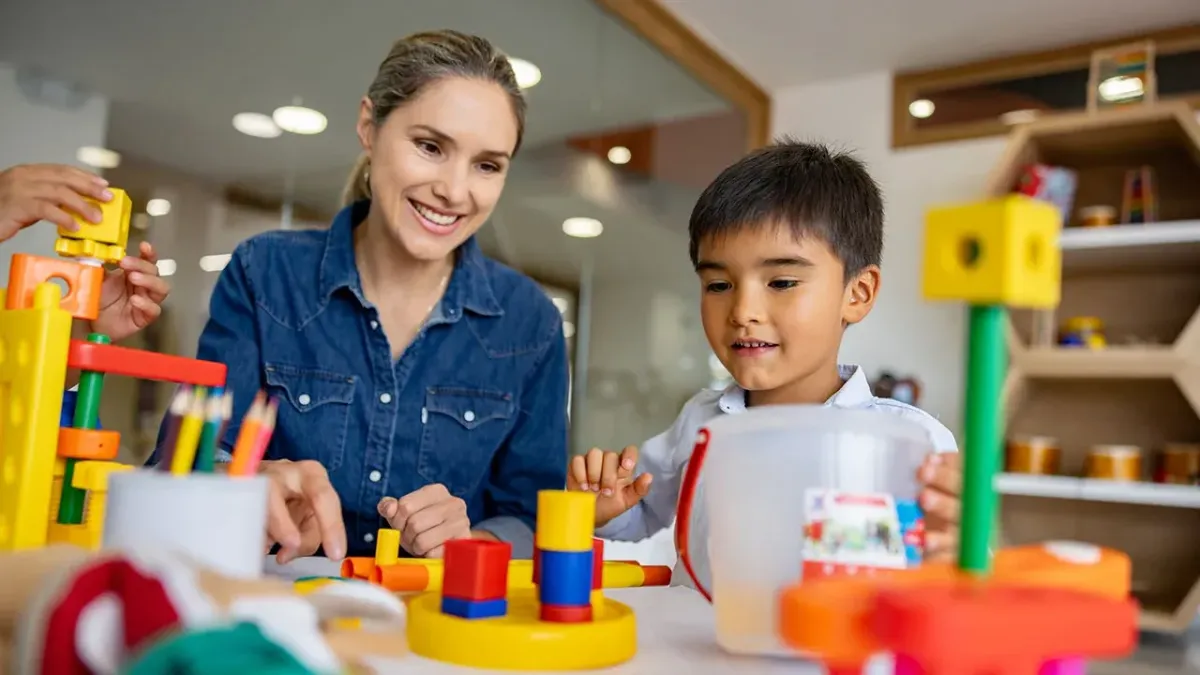
One Hundred Episodes and Five Lessons for Raising Kids with ADHD and Autism
Reaching 100 episodes of the Every Brain is Different podcast feels both surreal and deeply rewarding. What started as a way to share real, honest conversations about raising neurodivergent kids has grown into a community of parents, professionals, and individuals who just get it.
Over the past year and a half, Lauren and I have spoken with experts, shared our my parenting journey, and connected with listeners around the world.
Along the way, five key lessons have come up again and again.
Here’s what we’ve learned:
1. Community is Everything
When you're parenting a child with ADHD or autism or figuring out your own neurodivergence, you need people who understand your experience. Finding a supportive community can be life-changing. Whether it's a local group or an online space, being around people who get it helps you feel less alone, more understood, and more empowered.
2. Trust Yourself as a Parent
There’s no shortage of advice out there. From therapies to parenting strategies to conflicting opinions, it can feel overwhelming. But at the end of the day, you know your child best. Trusting your instincts and observing what works for your family is more powerful than any one-size-fits-all approach.
3. Advocacy Starts with You
Advocating for your child’s needs can feel daunting, especially when systems are slow to catch up. But showing up, speaking out, and asking for what your child needs makes a difference. Your advocacy teaches your child how to speak up for themselves, too. And when you trust your gut and follow through, you’re modeling confidence and resilience.
4. Behavior is Communication
When a child melts down in the store or refuses to complete a task, it’s not about defiance; it’s about communication. Every behavior tells a story. When we pause and get curious, we can start to understand what’s really going on beneath the surface. This mindset shift can transform how you respond to tough moments.
5. Connection and Play Make Learning Stick
Research shows that kids learn best through play. That’s why connection always comes first. When you get on your child’s level, follow their lead, and bring joy into learning moments, they absorb so much more. It’s effective and strengthens your relationship in the process.
Lauren and I are so proud of what the Every Brain is Different podcast has become, and we’re incredibly grateful for every listener who’s been part of this journey.
Listen to Episode 100 to hear us talk through these lessons and what they’ve meant in our lives.
If you’re looking for more support, check out our Neurodivergent Parenting Community.
